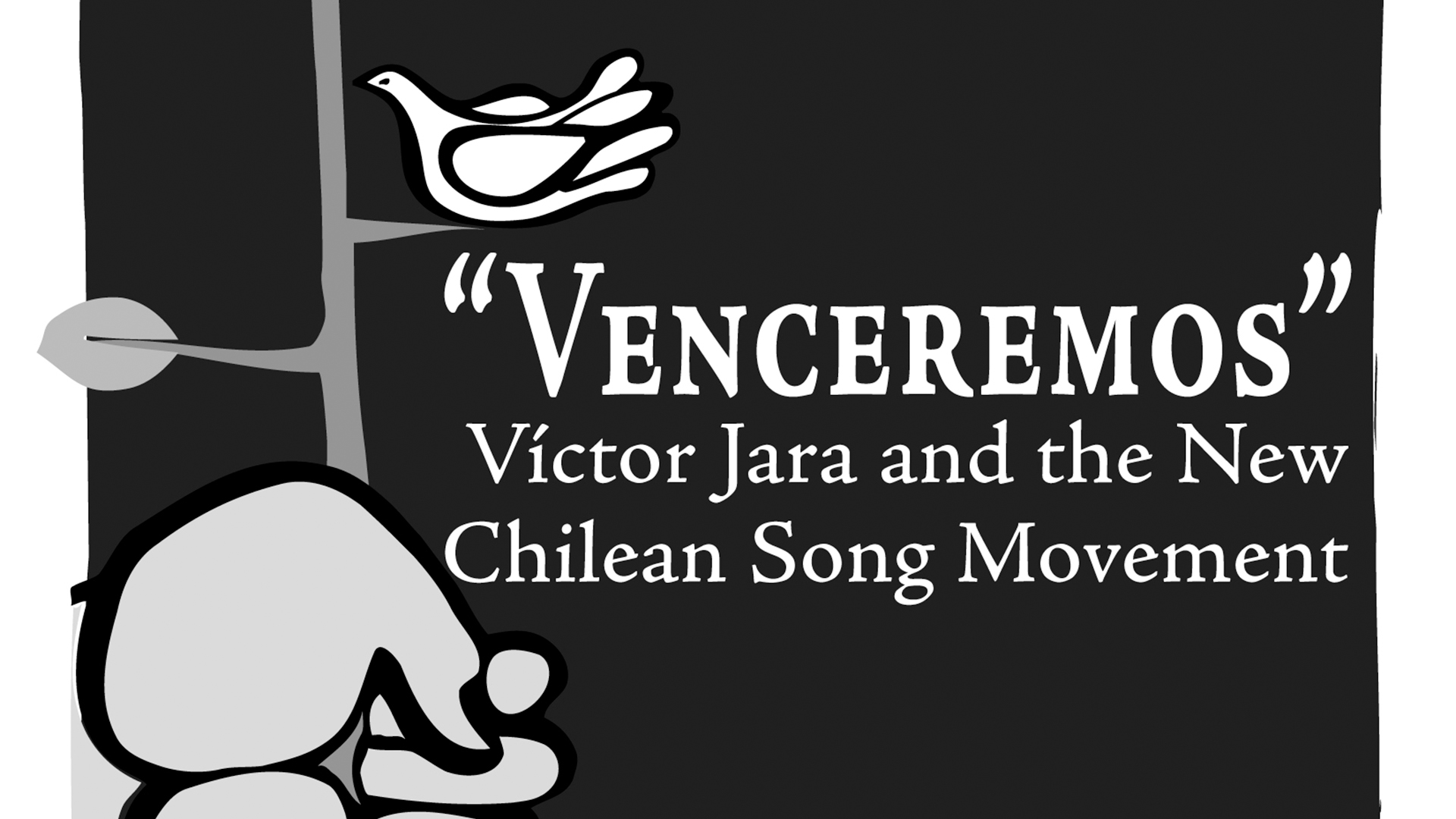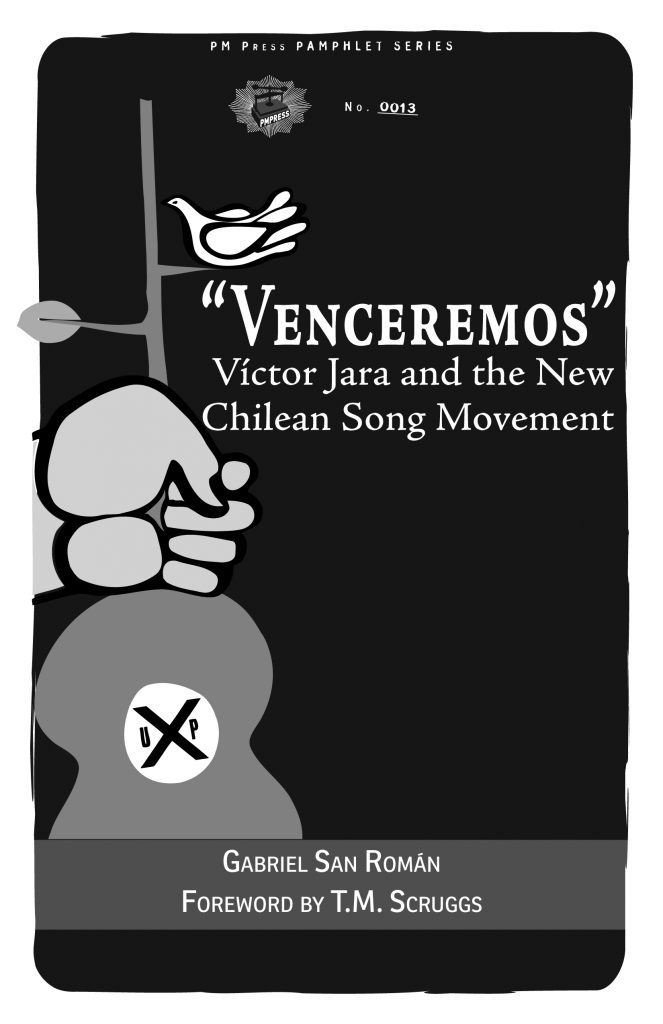By Eleanor J Badger
Truthout
July 8th, 2014
Nearly 44 years ago, on September 11, 1970, Chilean voters shocked the world by electing Marxist Salvador Allende as their president. It was a startling – if short-lived – victory for democracy.
In Venceremos, Gabriel San Roman writes that Allende’s Popular Unity Coalition was aided by Nueva Cancion, “the strongest folk music movement in Latin American history.”Like all movements, Nueva Cancion did not spring up out of nowhere but developed over several decades. Much of the credit for its evolution goes to famed singer Violeta Parra (1917-1967), who began traveling into remote areas of Chile to collect traditional compositions in the 1950s. The songs she found were often political, with lyrics that were critical of colonial and neocolonial oppression. “The verses of rural music conveyed utopian ideas of the earth, love, and mysticism,” San Roman writes.
Parra’s work, San Roman continues, centered on La Nuevo Ola Folklorica, a movement intent on popularizing folk music. But as the 1940s turned into the 1950s and early ’60s, Elvis and The Beatles began to capture the attention of Chilean youth. This angered those who saw “northern influences as cultural imperialism.” To counter the American and British invasion, a slew of indigenous musicians in their twenties and thirties formed bands of their own. Among the most popular were Inti-Illimani and Quilapayun. These new groups incorporated world events into their music, including then-escalating political unrest in Chile and other parts of Latin America. The need for a theology that tilted toward human liberation also found its way into the music of Nueva Cancion.
Despite this broad thematic sweep, Christian Democrat Eduardo Frei, who became president of Chile in 1964, was a favorite target of Nueva Cancion songwriters; despite promising to enact policies leading to meaningful social change, his administration did almost nothing. Frei’s inaction galvanized the left and a wide swath of progressives seized the moment, coalescing behind Allende and quickly gaining numerical and political influence. At the same time, Nueva Cancion was ascending as an artistic force, with singer-songwriter Victor Jara emerging as one of the movement’s most popular performers.
By 1970, Jara and Nueva Cancion had aligned themselves with communists, socialists and liberation theologians and were actively campaigning for Allende. “In the 1970s presidential campaign, Nueva Cancion folk singers were officially integrated into the Left’s political apparatus and assumed a semi-official status as a cultural voice for Allende’s Popular Unity Coalition,” San Gabriel reports. The music itself was a huge draw – and offered a unique merging of traditional and contemporary sounds that aimed to teach listeners – albeit through entertainment – about past and present injustices.
It worked. Allende’s victory – he was the first democratically elected Marxist in the Western hemisphere – led to agrarian reforms, increased wages for workers and control over inflation. Still, it was slow going and while the elite bristled at Allende’s policies, many of the leftists who had supported Allende in the election were becoming impatient with the pace of change. San Gabriel writes that Jara’s music tried to strike an optimistic chord and continually stressed the need for unity.
The effort failed and after a botched coup attempt in June 1973, dictator Augusto Pinochet took the helm as commander-in-chief of the army. Three months later, on September 11, 1973, a second US-backed coup led to Allende’s death and the complete collapse of the Popular Unity government.
Jara, too, fared badly: He was taken to Chile Stadium and murdered.
Since then, Jara’s widow has worked tirelessly to preserve his memory. She created the Victor Jara Foundation and led a successful effort to have Chile Stadium renamed in her husband’s honor. What’s more, musicians as diverse as Arlo Guthrie and The Clash have written songs of remembrance about the fallen singer.
Gabriel San Roman’s tribute reminds us of what was lost when Pinochet smashed Nueva Cancion. At the same time, Venceremos highlights the power of culture – whether music or other artistic modalities – to foment change, raise consciousness and heighten excitement about the possibility of a better world. It’s a lesson worth remembering as we work to dismantle oppressive laws and undo centuries of hate and exploitation.







